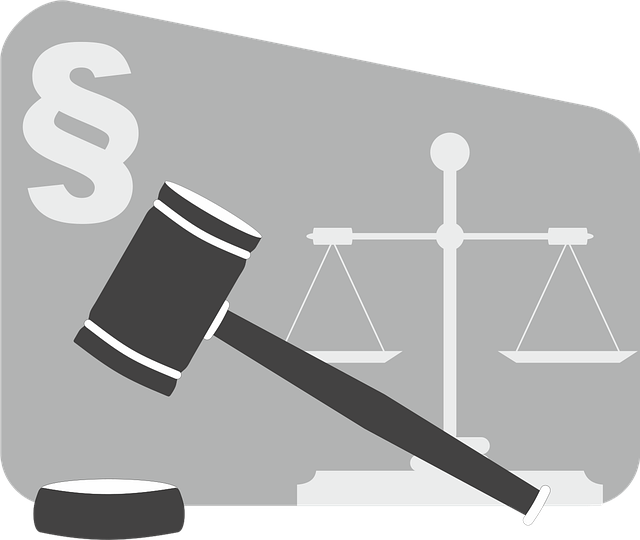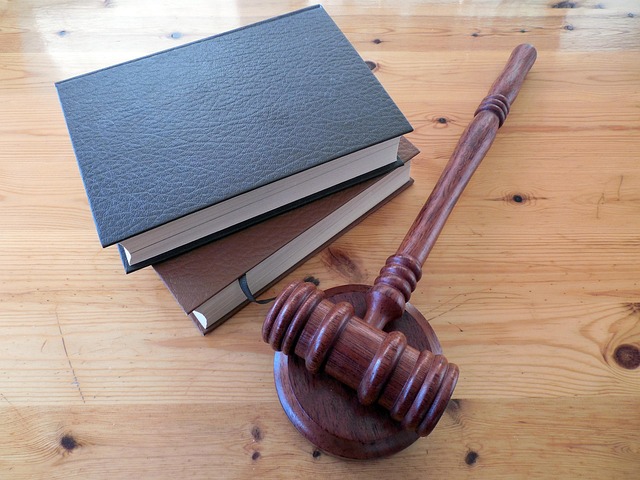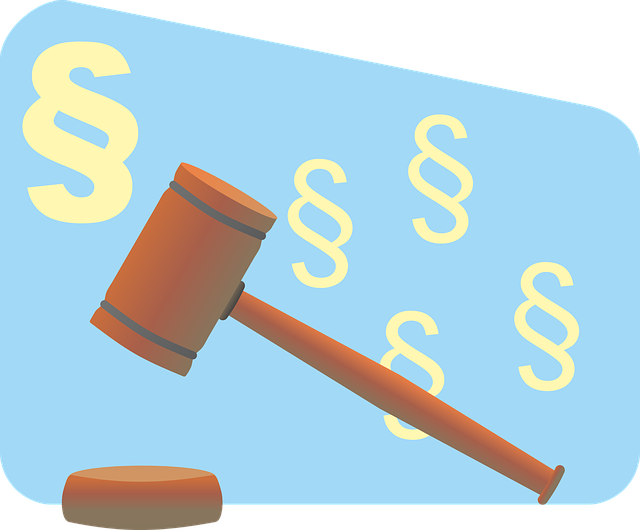After a contract breach or securities scam, take immediate action: report fraud, freeze assets, gather documentation, preserve evidence, contact a criminal defense attorney specializing in securities law, and consider legal options like settlement, arbitration, or litigation to recover losses and ensure justice with support from relevant communities. Stay vigilant by recognizing red flags and educate yourself to avoid scams.
Securities scams are a prevalent threat in today’s financial landscape, targeting investors with promises of quick riches. This article sheds light on common schemes, equipping readers with knowledge to recognize and avoid them. We’ll guide you through essential steps to take if you suspect a breach, including preserving evidence and understanding legal options. Additionally, learn key red flags to watch for in the future, ensuring you’re protected from potential scams and know the appropriate actions to take after a contract breach.
- Understanding Common Securities Scams
- Steps to Preserve Evidence After Breach
- Legal Action: Who to Contact and When
- Protecting Yourself in the Future: Red Flags to Watch
Understanding Common Securities Scams

Securities scams are a significant concern for investors worldwide, with cunning criminals exploiting market inefficiencies and regulatory gaps. Common schemes include Ponzi networks, where returns are paid to early investors using funds from new investors, and pump-and-dump frauds, where stock prices are artificially inflated through false promotions before a sudden crash. Another prevalent tactic is the use of fake investment opportunities, promising high returns with minimal risk, which often vanish along with the investors’ money.
Understanding these scams is the first step towards protecting yourself. If you suspect a contract breach or encounter any fraudulent activity, it’s crucial to take immediate action. The steps to follow include reporting the incident to regulatory authorities, consulting a general criminal defense attorney for guidance, and freezing any assets involved to prevent further loss. Achieving extraordinary results in recovering losses from these scams often requires an unprecedented track record of legal expertise and relentless pursuit, ensuring that justice is served and investors are compensated fairly.
Steps to Preserve Evidence After Breach

After a contract breach, preserving evidence is paramount to protect your interests and achieve extraordinary results in any legal proceedings. The first steps to take include securing all documents related to the agreement, such as emails, contracts, and financial records. Create a digital or physical repository, ensuring each file is labeled with relevant dates and details. This systematic approach facilitates easy retrieval during investigations and can significantly impact the outcome of your case.
Additionally, consider taking screenshots of any digital communications, including messages and social media posts, which could serve as invaluable evidence. Inform all parties involved that you are gathering proof to maintain a paper trail. These steps will help guide you through all stages of the investigative and enforcement process, ensuring your actions remain valid and effective.
Legal Action: Who to Contact and When

If you’ve fallen victim to a securities scam or experienced a contract breach, it’s crucial to take immediate action to protect your rights and pursue justice. The first step is to gather all relevant documentation related to the investment or agreement, including contracts, communications, and financial records. This evidence will be essential when reaching out for legal assistance.
Knowing the right people to contact is vital in these situations. Reach out to a reputable general criminal defense attorney who specializes in securities law as soon as possible. They can guide you through the process of filing a lawsuit against the responsible parties, which may include individuals or companies involved in fraudulent activities. Don’t hesitate; timely legal action increases your chances of achieving extraordinary results and recovering losses suffered due to contract breaches or securities scams, especially when supported by the philanthropic and political communities.
Protecting Yourself in the Future: Red Flags to Watch

Protecting yourself from securities scams is a proactive step that involves being vigilant and educated. One of the best lines of defense is to recognize red flags early on, especially when engaging with new investment opportunities or potential business partners. Familiarize yourself with common scam tactics, such as high-pressure sales pitches, unrealistic promises of quick returns, or requests for upfront payments without a clear contract. Be wary of vague or overly optimistic language in promotional materials and always seek independent verification of claims made by the promoters.
After a contract breach, the first steps to take include reviewing the terms of your respective business agreement thoroughly. Document all communications and gather evidence related to the breach. Contact an attorney specializing in securities law or contract disputes to understand your legal options. This may involve negotiating a settlement, pursuing arbitration, or filing a lawsuit against the responsible parties. By taking these proactive measures, you can mitigate potential losses and protect yourself across the country, ensuring that corporate and individual clients alike are treated fairly and ethically.
Securities scams are a significant concern, but being aware of common tactics and taking proactive measures can help protect investors. If a breach occurs, preserving evidence is crucial for potential legal action. By quickly documenting interactions and collecting relevant data, individuals can better navigate the steps to take after a contract breach. Staying vigilant and recognizing red flags in the future is essential to avoiding such scams. Equip yourself with knowledge, stay alert, and take immediate action if any suspicious activities arise.






